“You, love, and I,
(He whispers) you and I,
And if no more than only you and I
What care you or I ?”…….
As much as words of Robert Graves put aside the idea of love to confront how we fear its ‘running out’, pointing out the naivety in thinking about love as the glue for togetherness, in his poem ‘Counting the beats’, it also summarizes the relationship we have to our cities and neighborhoods. A togetherness that exists beyond the changing meaning of love, accommodating all the emotions ranging from apathy to a joy that is “Not there but here, (He whispers) only here, As we are, here, together, now and here, Always you and I”. Einstein’s relativistic principle describes the relationship of the celestial saunterers and the space that they occupy in a single line “Matter tells space how to curve and space tells matter how to move.” More than its insightful brilliance, just like the poetic elegance of Robert Graves, they both escort out the notion of a required force (or love) as a prerequisite for togetherness. Waiting to be found, although somewhat obscure, is a profound revelation very much like the gap you don’t see in the constellation where once a star used to be – “Of course, its ‘If no more love, then, only you and I’! Of course, its ‘I tell you how to curve, You tell me how to move’ – Gravity, love may be of consequence but aren’t why we are together!” And of course, we are most together in movement, both with ourselves and those we circle around.
Obvious, is not how one would choose to describe the poetic-relativistic observation, neither in the movements of the celestial saunterers, nor in the ‘togetherness’ of flânerie, as we move through the space around us, we call our neighborhoods and cities, in the simplest act of walking. A flaneur is a walking heart that doesn’t know what it doesn’t have so it looks everywhere; anywhere; seeing spaces as something to be perceived; thereby creating ‘places’ out of spaces, through movement, by investing meaning and finding meaning in return. But obvious or not, the fact that space itself curves while you walk the streets would indeed explain how, after a while, when your steps begin to make their own decisions, you end up tracing curves to both nowhere and everywhere in the city.
Walking, whether in the city or in the woods, is the most obvious and obscure thing in the world; walking that wanders so readily into (and out of!) philosophy, landscape, allegory, curiosity, nostalgia and heartbreak. Mary Oliver walked as she wrote, bowing often to the willows and the honey locust, equally the beech, the oaks and the pines, hearing them whisper “it’s simple, Stay a while”, jotting down in her little notebook “…and never hurry through the world but walk slowly, and bow often.”
“Solvitur ambulando”, as they say – ‘Solved in walking’ indeed! Strange are the places where the inner voices become audible. Like, where Baudelaire first found significance walking with his own yearning; a togetherness in the fleeting beauty of the mysterious and alluring passante, passing him by, marked in his poem ‘To a woman Passerby’ embodying the fleeting nature of beauty, longing, mystery and charm, that is both significant and sufficient, even if momentary and not born out of deliberation.
“….and should you find the edge first – something revealing more than a reminder – you should take a mild offence – it’s how our sensibilities outgrow reminders and become revelations. Or maybe god shuffled his feet and then took a moment….”
Much in the passion of Baudelaire’s flânerie – his momentary but significant and sufficient passante comes this year’s Flaneur, sauntering the curves of Yabukita’s shuffling streets. Each year the Flaneur comes bearing fresh “mild offence” – revealing something more than a reminder; always momentary, always significant, always sufficient. This year it reveals the alluring ‘edge’ first – Black Plum and Dark Honey. The woody, caramel aroma still radiates unassumingly and distinctly. A shade darker and a tad bolder, it still harbors the Floral in its edgy expression. The sweet, fruity taste of Plum mixed with Caramel and hints of Coconuts still urges to walk slowly’ as it cools down to a refreshing, perfumy and floral reminder to ‘bow often’. As for the aftertaste, you will hear it whisper ‘stay awhile’!
“Be drunk, be continually drunk! On wine, on poetry or on virtue as you wish. So as not to be the martyred slaves of time”
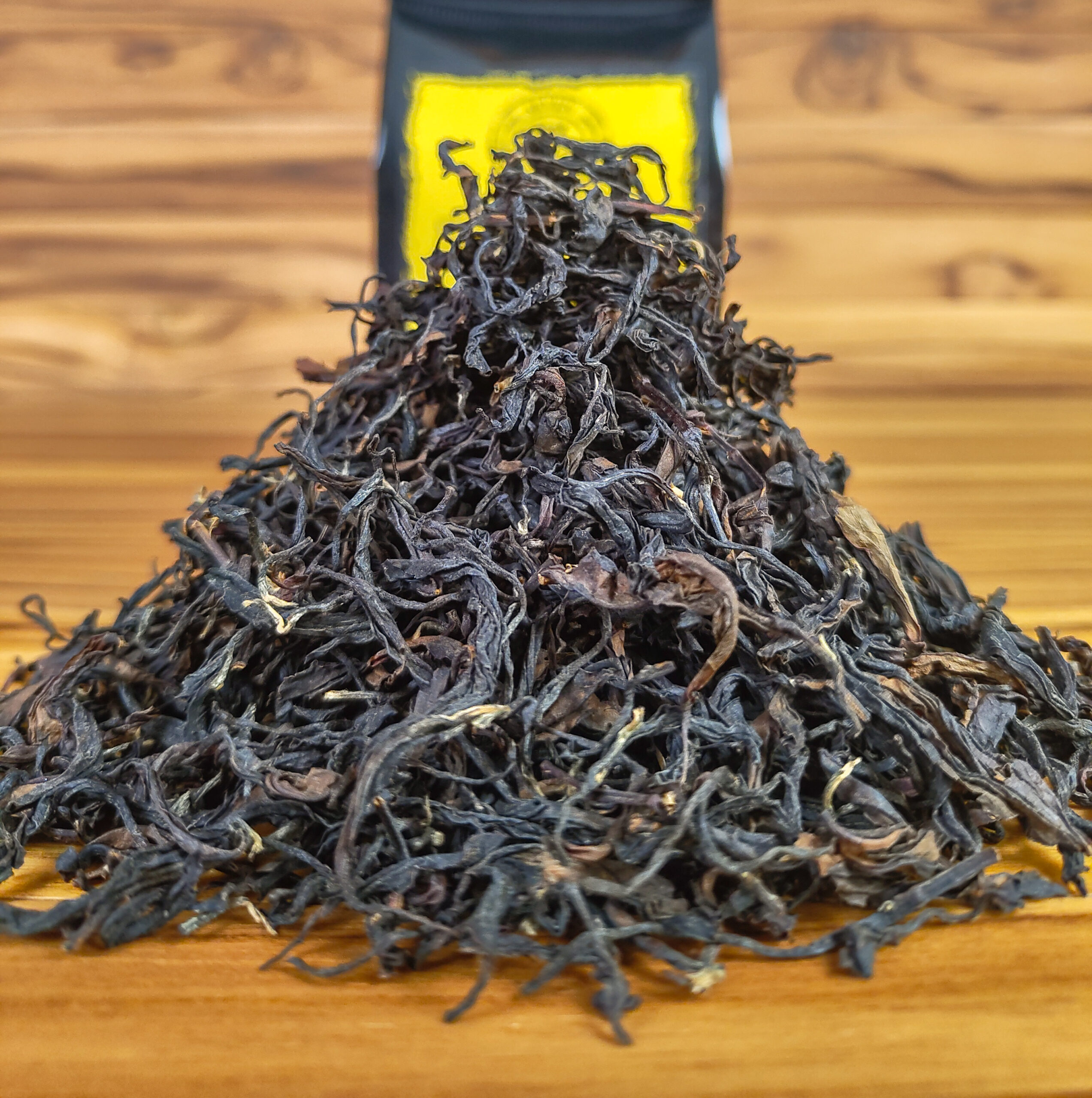
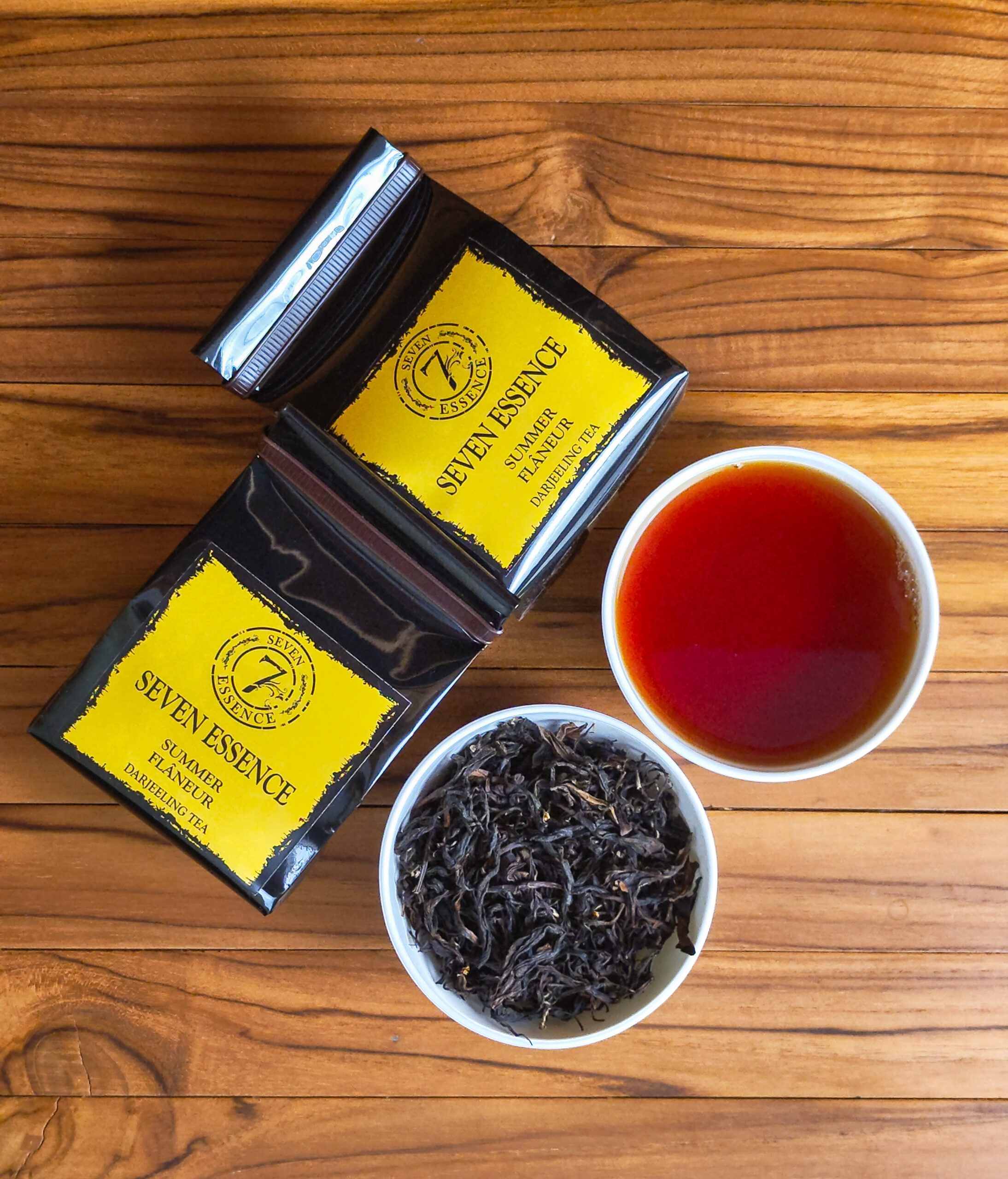
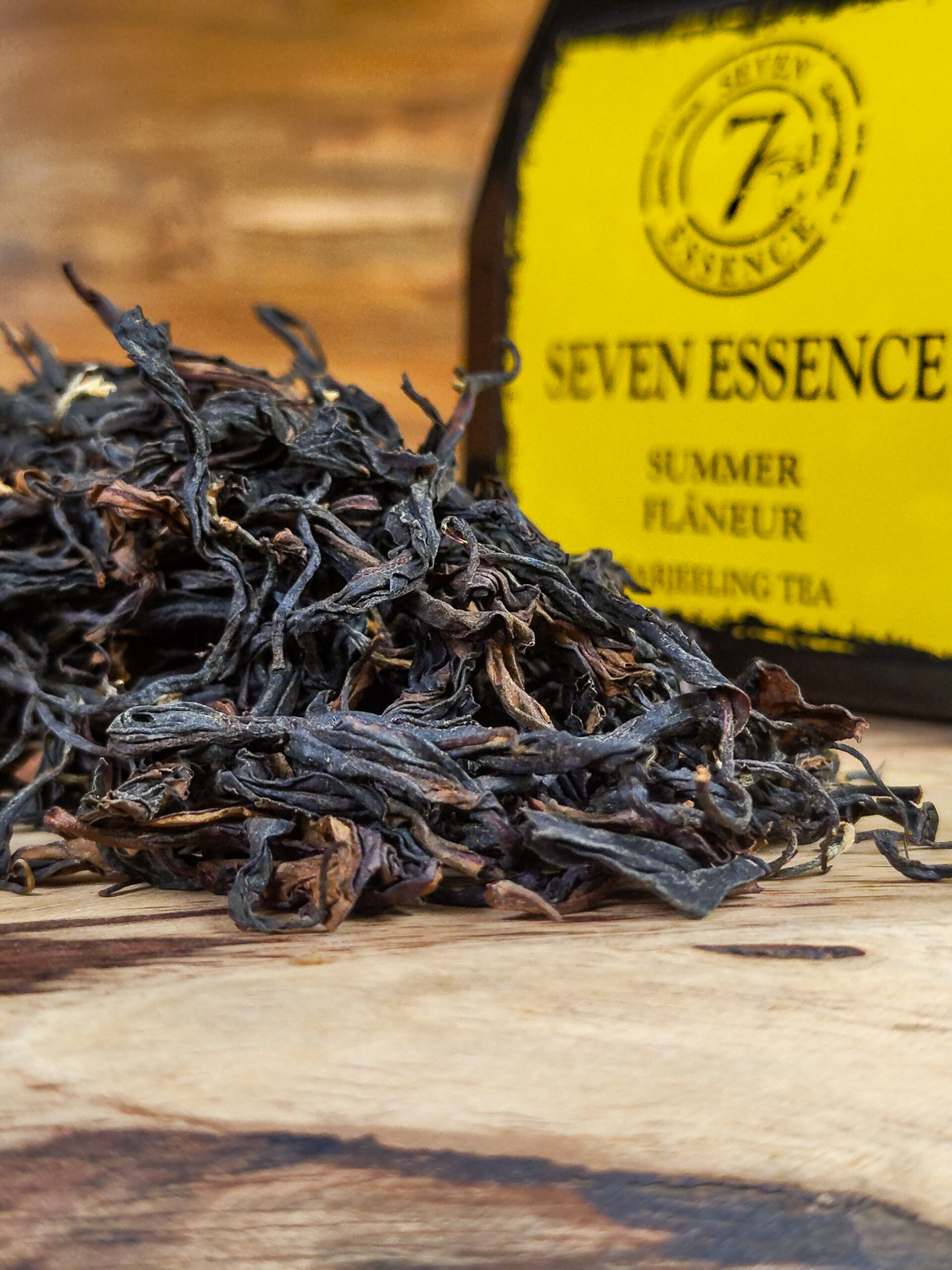
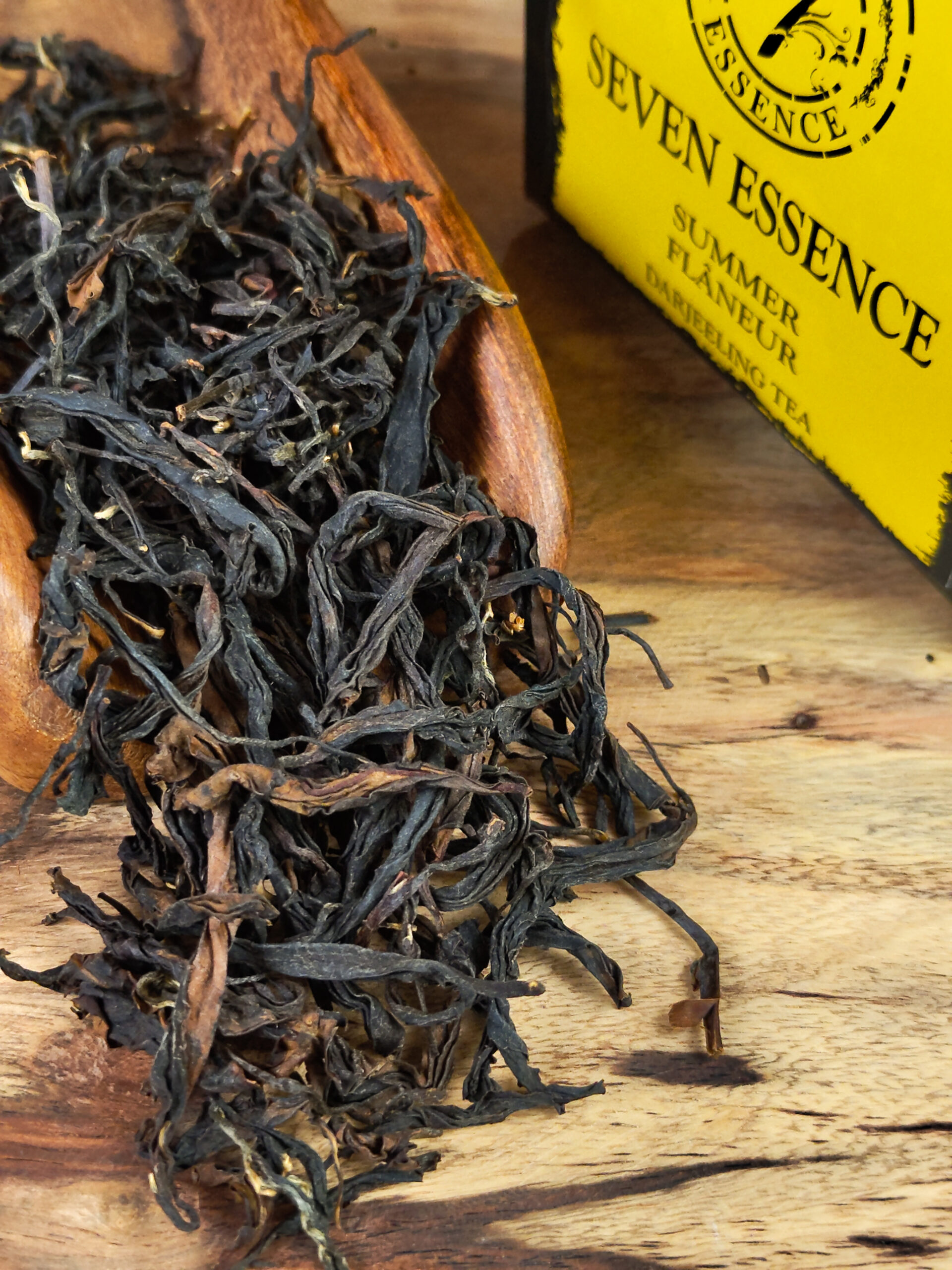
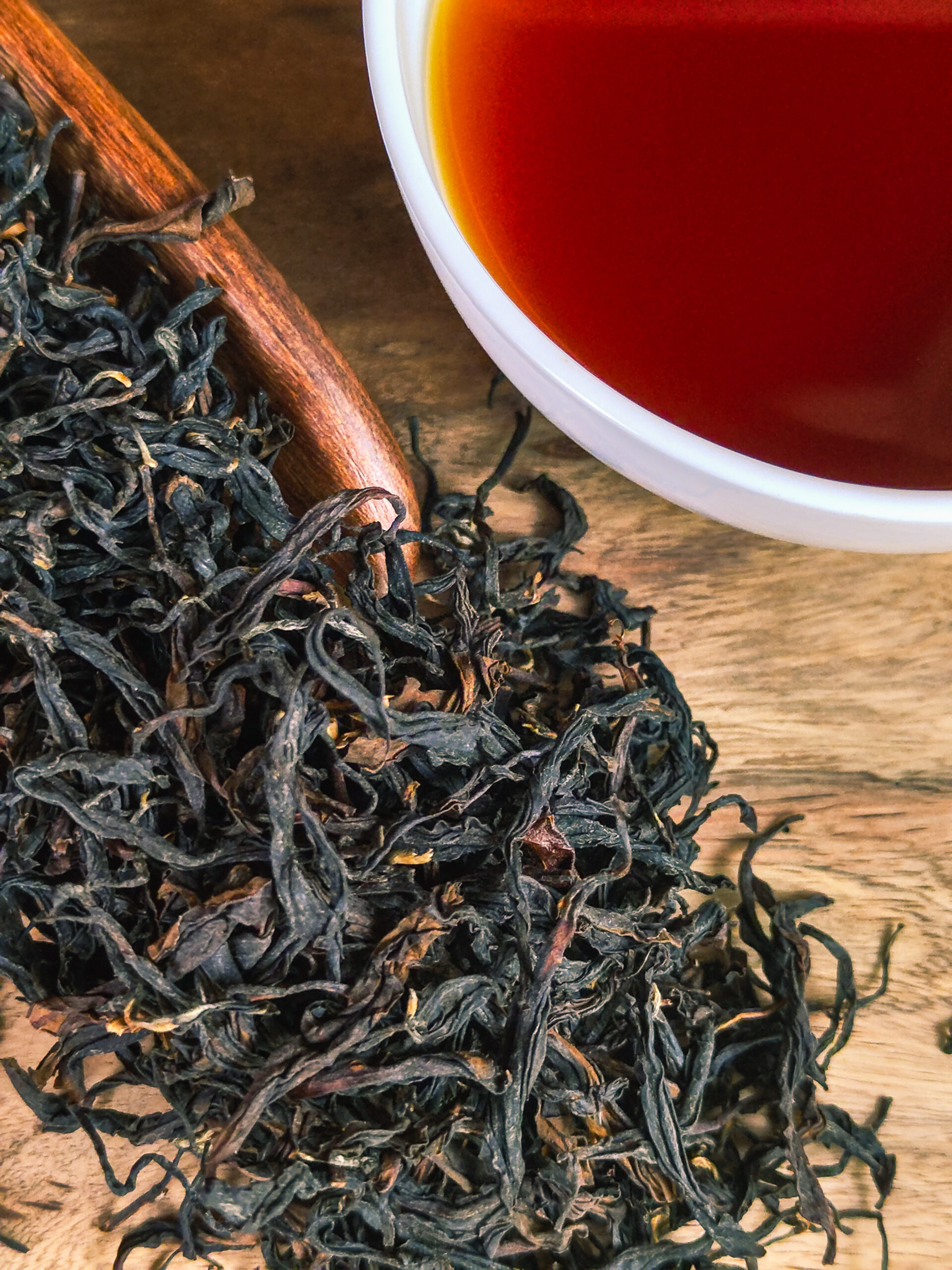



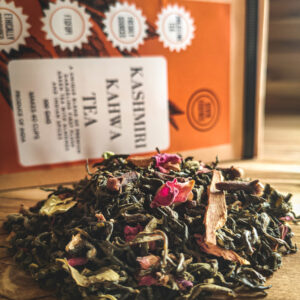
Reviews
There are no reviews yet.